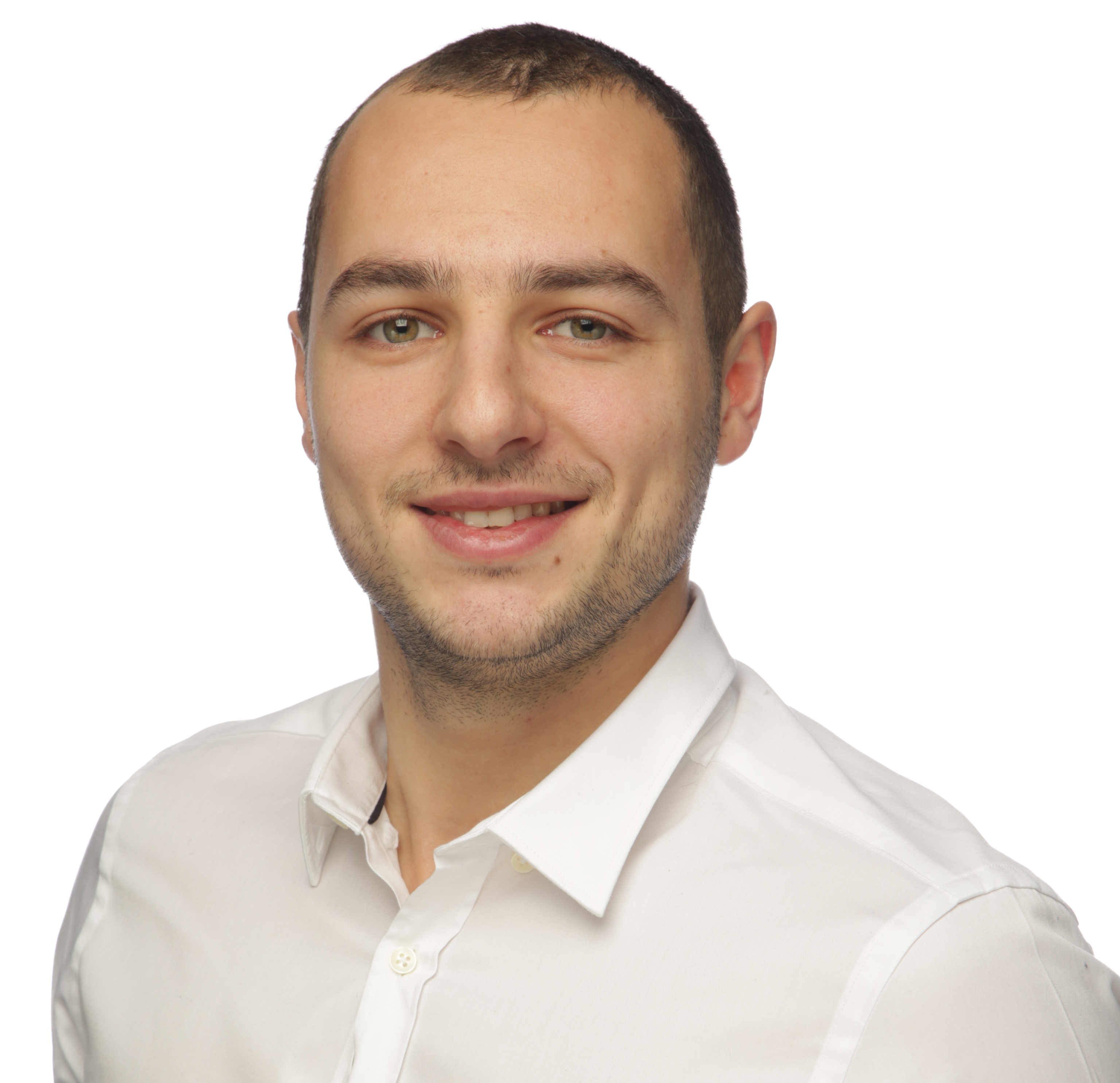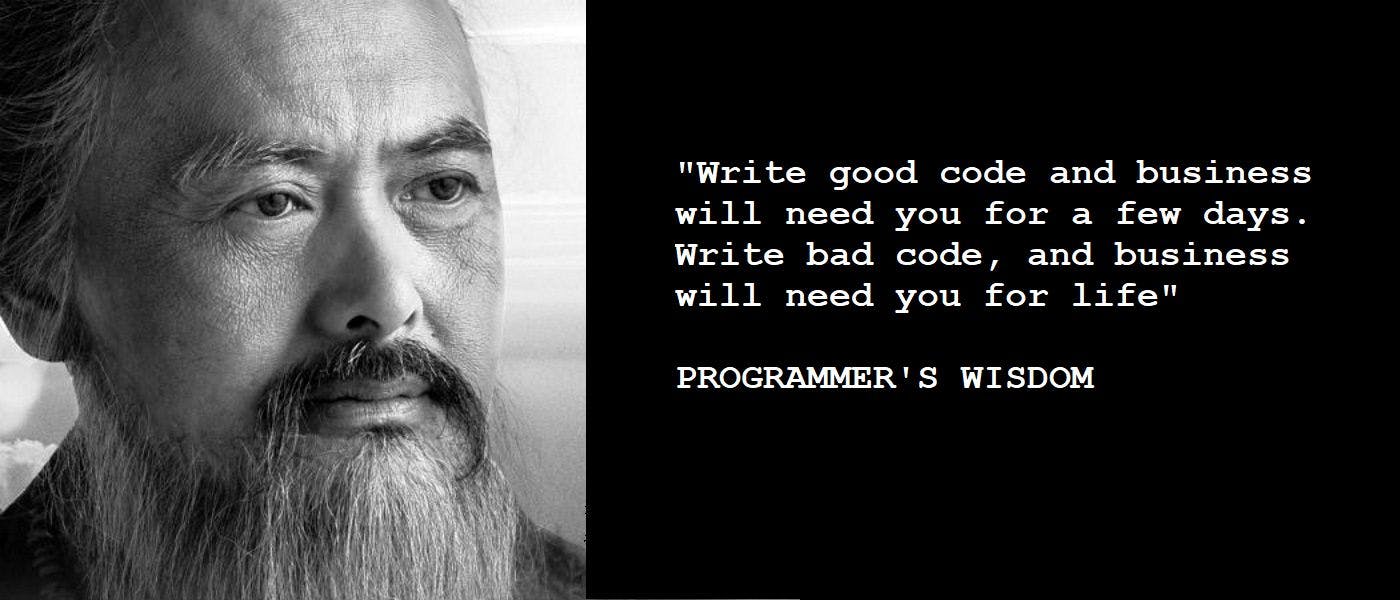165 reads
Car-Free Spaces Bring Me Joy with Noonies Nominee Konstantin Sokolov
by
November 4th, 2021
Audio Presented by

Co-founder & CTO of CapeOfGoodCode.com. 15+ years in software development. 7+ years in software quality analysis.
About Author
Co-founder & CTO of CapeOfGoodCode.com. 15+ years in software development. 7+ years in software quality analysis.
